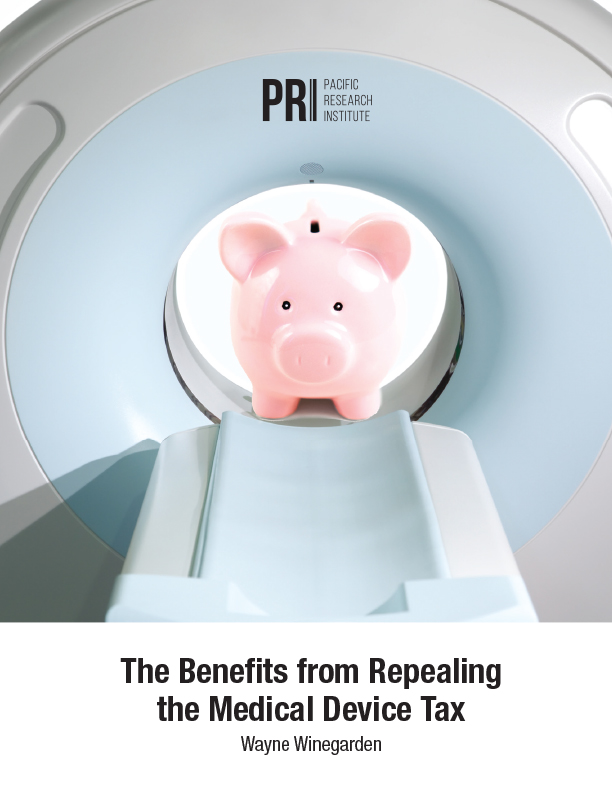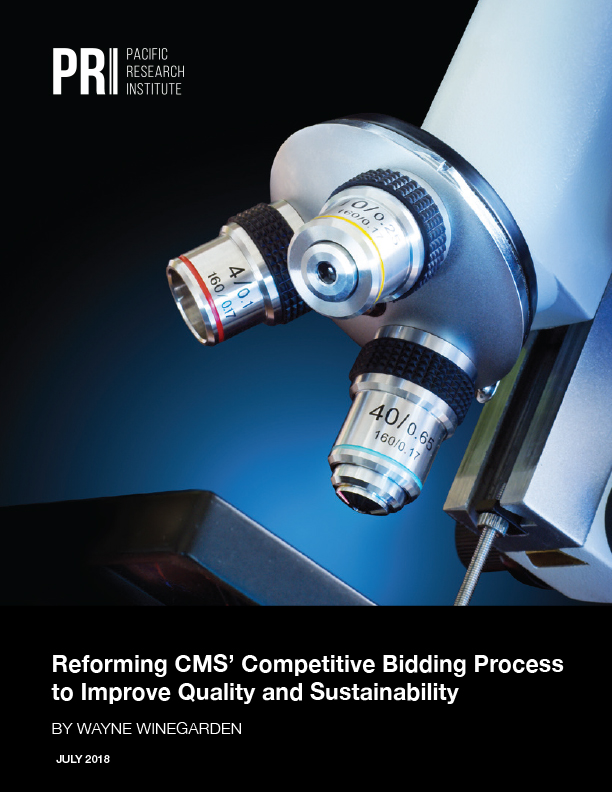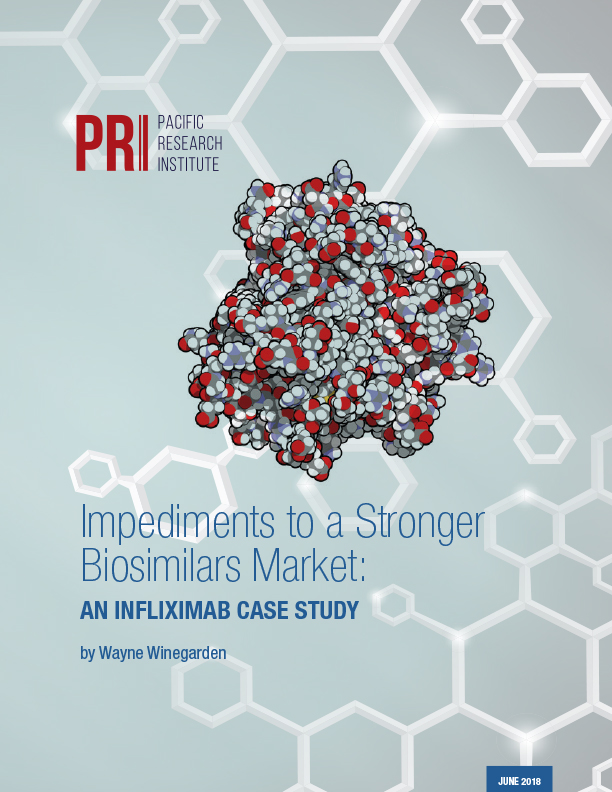The Bizarre World of Drug Pricing
There is no shortage of bad ideas when it comes to the pharmaceutical market. One such proposal would allow drugs to be imported directly from other countries, such as Canada. Then there is the Trump Administration’s proposal that would effectively adopt foreign price controls on Medicare Part B drugs by implementing an international pricing index (IPI). These policies, if implemented, would harm the quality of health care in the U.S. by reducing patients’ access to medicines and harming future innovations. What’s...




